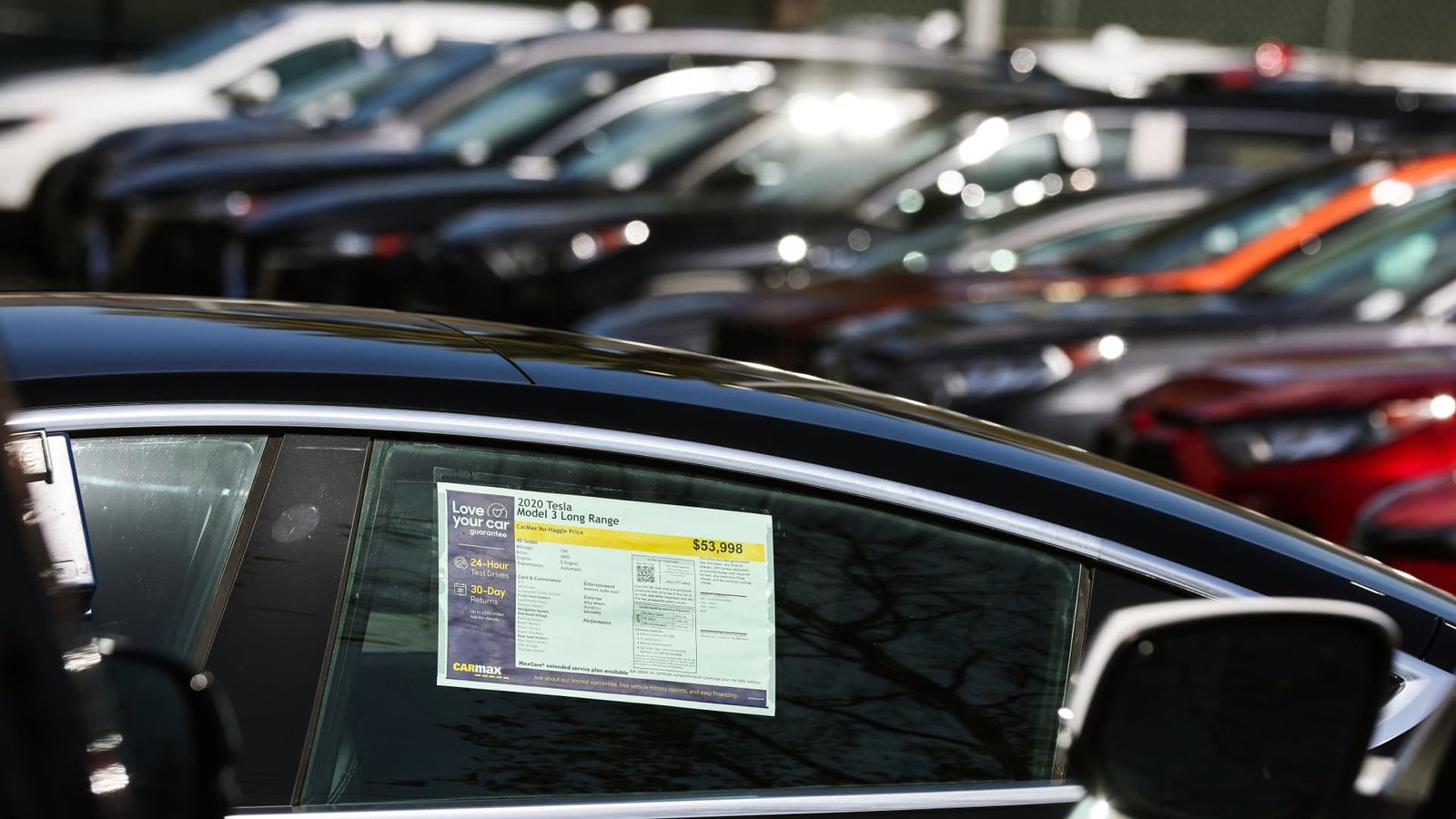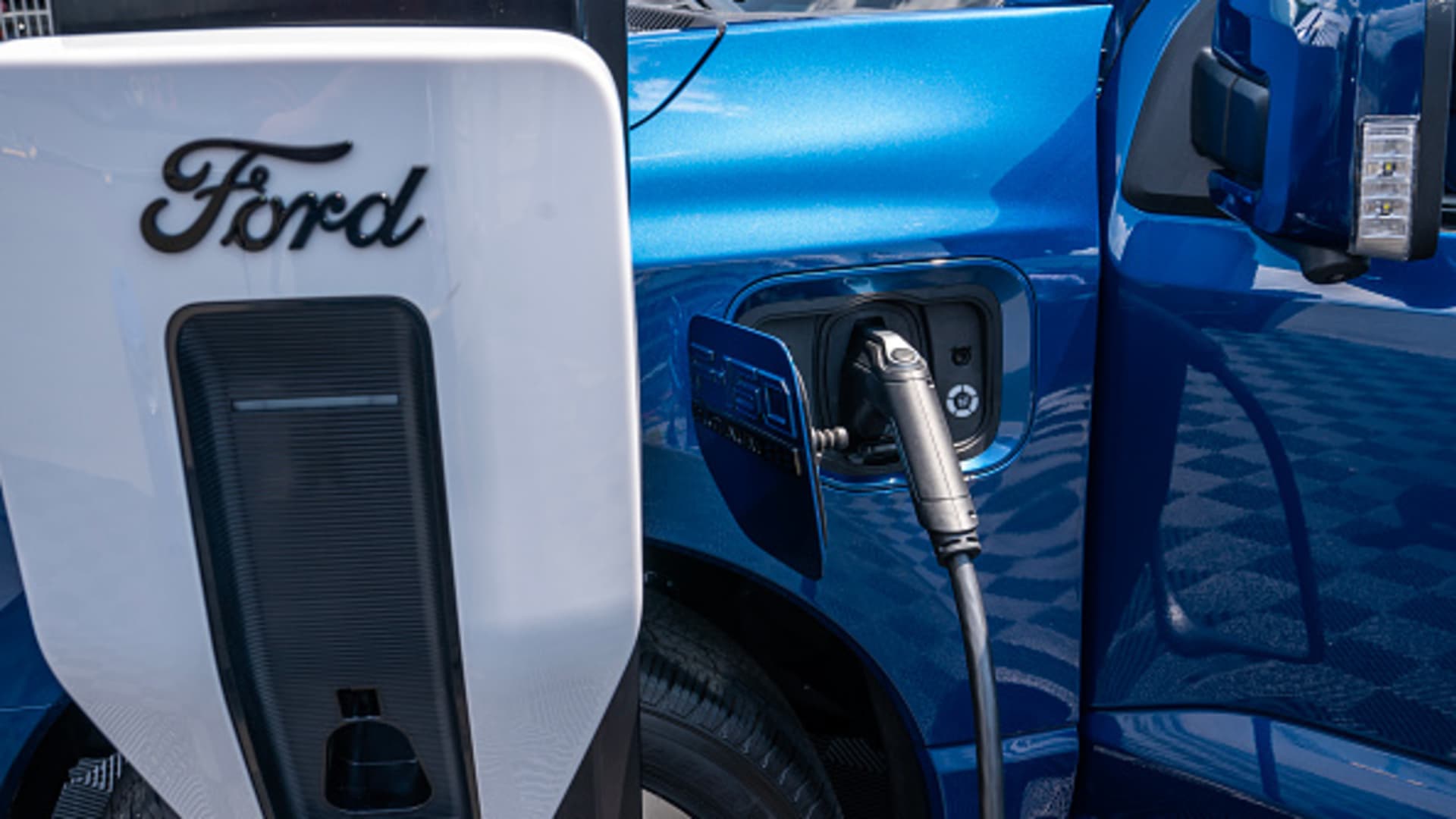The Chinese auto sector is increasingly making global automakers and politicians hot under the collar.
In the early 1980s, the Chinese auto industry barely existed. Today the country has the capacity to make about 40 million vehicles annually — enough to supply half the world.
Only about 25 million cars sold in the country in 2023, according to Dunne Insights, a firm that tracks the auto market in China and other Asian countries. To offload the excess, China is increasingly looking to export. It sent cars to more than 100 countries last year, according to Dunne Insights CEO Michael Dunne.
Dunne and other insiders say it’s only a matter of time before Chinese-branded cars arrive in the U.S. A few brands, such as Volvo and its subsidiary Polestar, are already owned by a Chinese company, Geely, even though the brands are based in Sweden.
“I call it the great Godzilla,” Dunne said. “The world has never seen an auto industry of this size and scale.”
Surveys indicate a large share of American shoppers, especially younger ones, would be happy to buy a Chinese car, despite common privacy concerns.
Not everyone shares that enthusiasm. President Joe Biden last month introduced stiff tariffs on Chinese EVs, effectively doubling the list price, which can otherwise be as cheap as $11,500. The administration says Chinese firms have benefited from unfair government support, and Chinese EV imports threaten the Biden administration’s big investments in EVs.
Some politicians have gone further. Sen. Sherrod Brown, D-Ohio, has said on social media platform X, “Tariffs are not enough. We need to ban Chinese EVs from the US. Period.”
Tesla CEO Elon Musk criticized the tariffs, but he said earlier in 2024 that without trade barriers most Western automakers would be demolished by Chinese competition.
But a few auto industry insiders are skeptical that tariffs will be able to hold off Chinese imports for long. Some say they may even do more harm than good.
Bill Russo, a former Chrysler executive who runs a Shanghai-based consultancy called Automobility, said recent history shows the limitations of tariffs.
The trade war started under President Donald Trump may have been aimed at Beijing, but it hurt American automakers by raising the cost of parts, Russo said. In the end it may have also accelerated the globalization of Chinese firms by forcing them to invest in other countries that would help them dodge the tariffs.
Watch the video to learn more.





